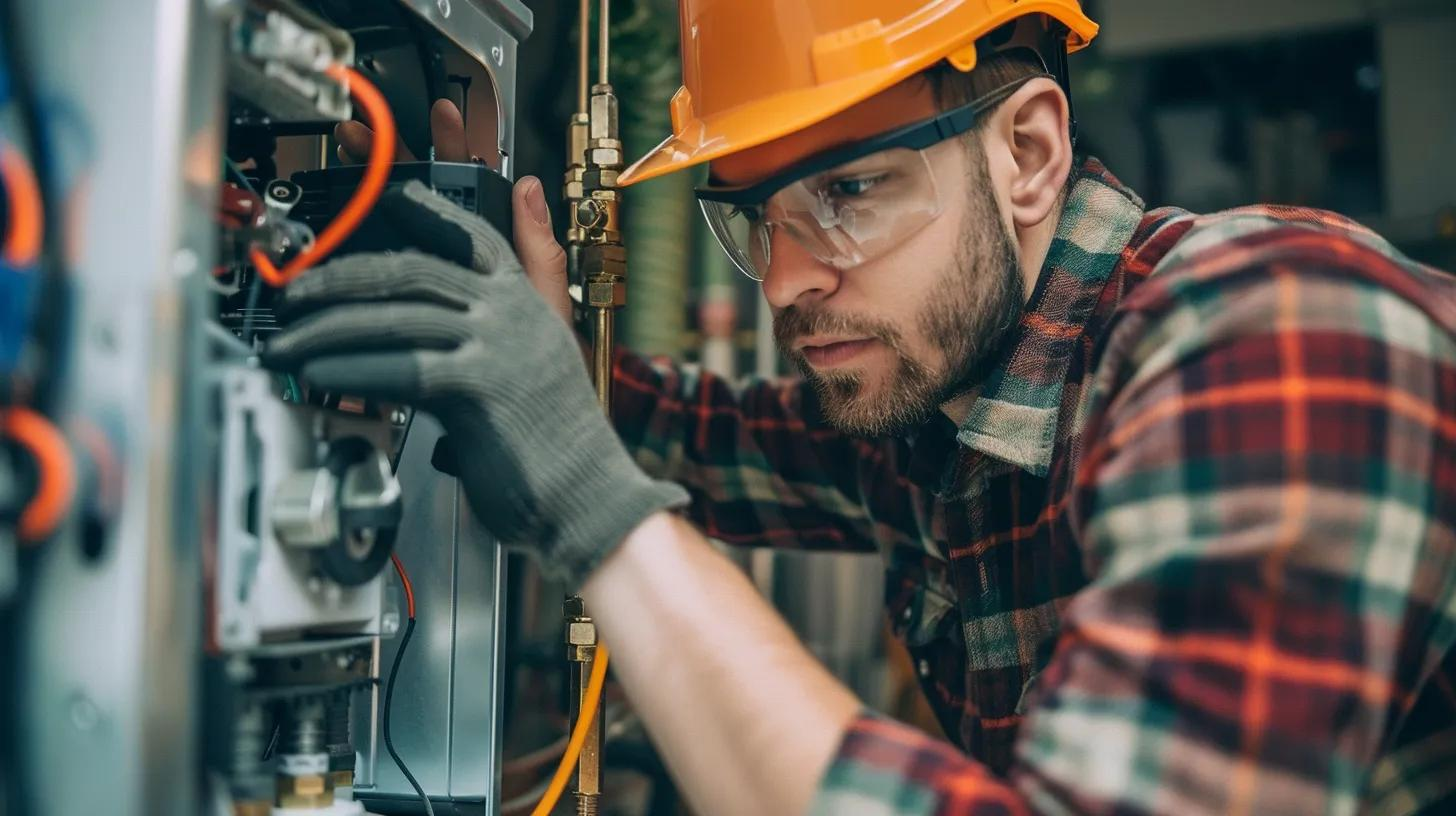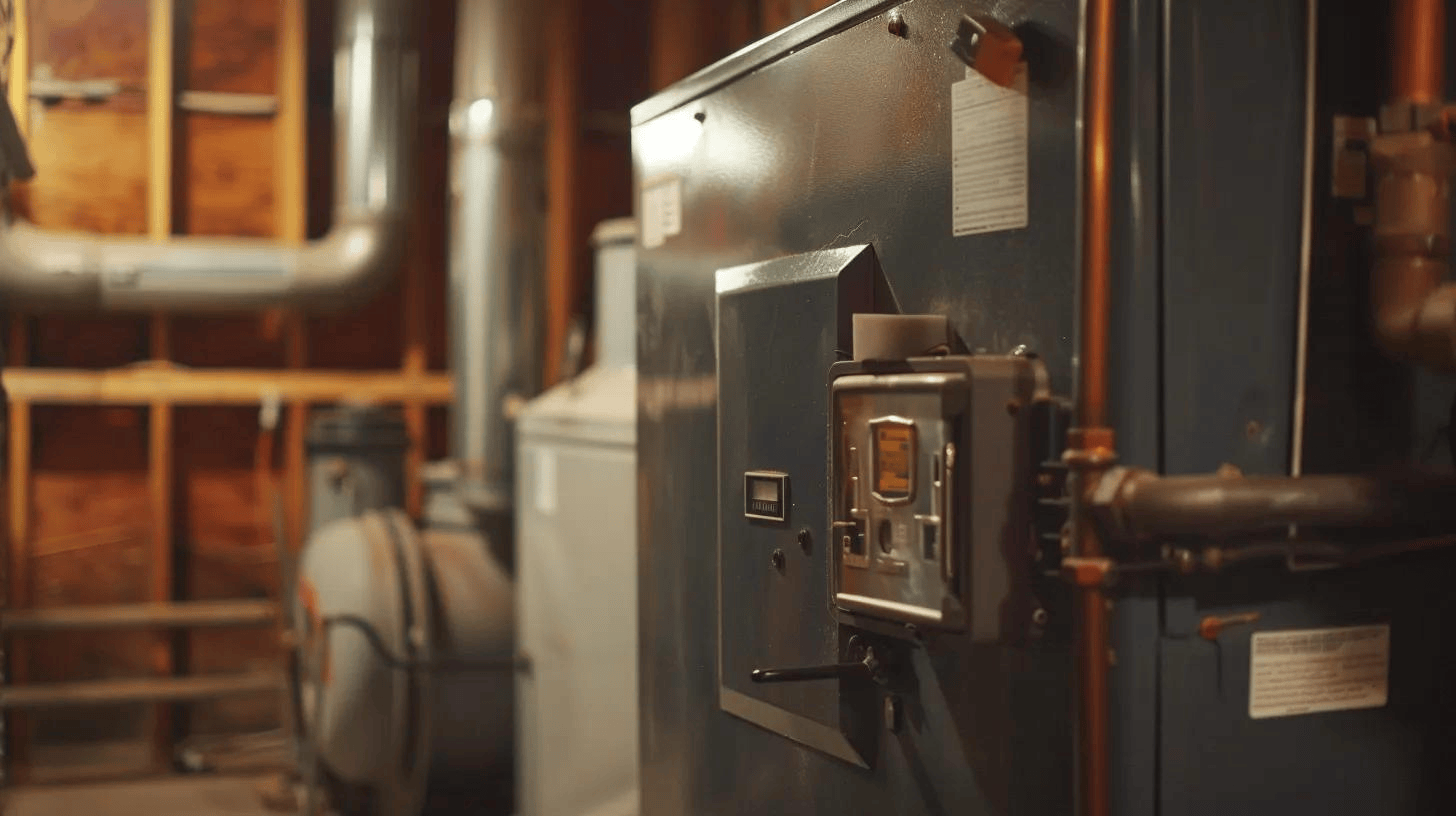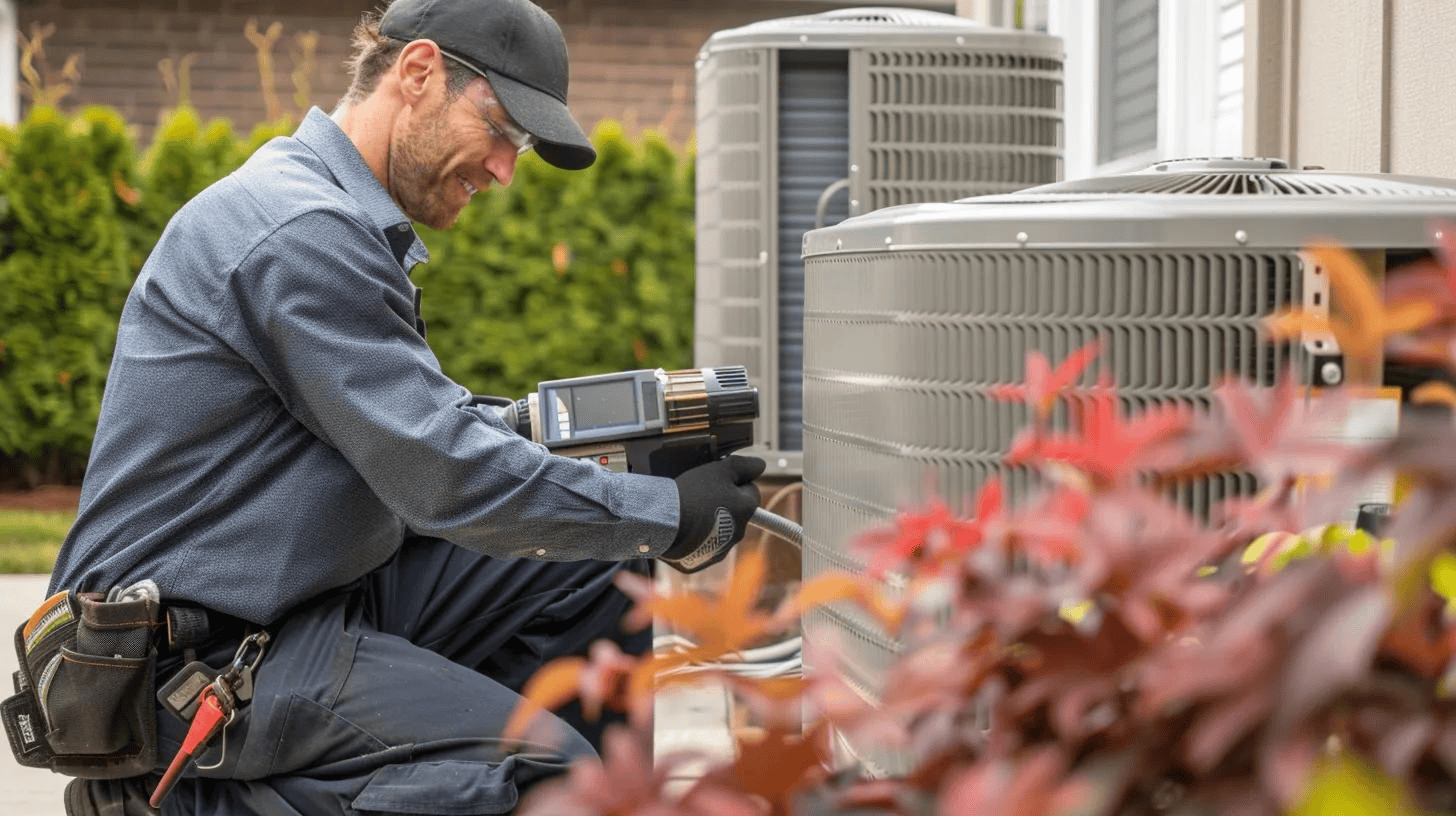How Hot Weather Affects Your AC System and What You Can Do About It
When the scorching heat of mid-summer sets in, your air conditioning system becomes your best defense for maintaining indoor comfort. However, as the mercury rises, your AC works overtime sometimes at the cost of efficiency, performance, and lifespan. From increased humidity levels to higher energy bills, the effects of summer heat on your AC system are numerous and often underestimated.
Understanding how hot weather impacts your air conditioner and taking proactive measures can help you keep your system running smoothly throughout the season. Let’s explore how high temperatures affect AC systems and what you can do to maintain optimal performance.
Heat: The Strain of High Temperatures
During extreme summer heat, your air conditioner must work harder and longer to maintain your desired indoor temperature. When outdoor temperatures exceed 100°F, many homeowners find that their AC systems struggle to keep up. In some cases, the system may fail to cool the home effectively, leaving occupants uncomfortable.
Avoid setting your thermostat too low. While it may seem like a quick fix, setting your thermostat too far below the outdoor temperature can put unnecessary stress on your unit, potentially shortening its lifespan.
Humidity: An Unseen Obstacle
Hot weather is often accompanied by high humidity, which significantly impacts AC performance. Air conditioners are not designed to cool water vapor directly. Instead, they must process both the air and moisture, making the cooling process less efficient.
This added strain can lead to:
- Reduced cooling efficiency
- Increased energy usage
- A higher chance of system breakdowns
Tip: Use a dehumidifier in tandem with your AC system to remove excess moisture from the air and reduce the load on your air conditioner. For persistent issues, consider contacting an AC contractor in Roanoke for professional help.
Temperature Inconsistencies Across Rooms
Have you ever noticed that certain rooms remain warm while others are perfectly cool? This is a common issue during the summer months. Rooms closer to the central AC unit usually receive better airflow, while distant rooms may not cool evenly.
To address this problem:
- Use portable fans to circulate air
- Keep doors open to promote airflow
- Close vents in rarely used rooms to redirect cool air where it’s needed most
Energy Costs: Higher Bills in Summer
Unsurprisingly, energy bills tend to spike during the summer months. As your AC system runs longer to combat rising temperatures, it consumes more electricity. Modern AC systems designed by AC companies in Roanoke, VA now include features that prevent overuse by allowing you to set maximum operating limits.
To cut energy costs:
- Schedule regular maintenance
- Install a programmable thermostat
- Seal air leaks around windows and doors
These measures help your unit work more efficiently and reduce the risk of overheating.
Susceptible Components: What Can Break Under Heat?
While most parts of your AC are built to withstand heat, some components are more vulnerable than others. One of the most susceptible parts is the capacitor. Prolonged exposure to high temperatures can cause the capacitor’s outer shell to weaken and eventually burn out.
Warning signs include:
- Cracking or buzzing noises from the unit
- Decreased cooling performance
- Frequent system short-cycling
If you notice any of these signs, call a trusted AC contractor in Roanoke to inspect and repair your system.
How to Maintain Your AC During Hot Weather
Routine maintenance is key to protecting your AC unit during extreme weather. By following a consistent service schedule, you can reduce the risk of breakdowns and extend the life of your system.
Maintenance Tips:
- Clean or replace air filters regularly
- Keep the outdoor unit free of debris
- Schedule seasonal tune-ups
- Use ceiling fans to supplement cooling
Woods Family Heating & Air Conditioning offers comprehensive AC maintenance and repair services to help you stay cool even during the hottest days of the year. Call us at (540) 315-8902 to schedule your service today.
Frequently Asked Questions
Does Hot Weather Affect Air Conditioning?
Yes. The higher the outdoor temperature, the more effort your AC needs to maintain your desired indoor comfort. This can lead to increased wear and tear over time.
Why Does My AC Stop Working When It’s Hot Outside?
It could be due to a voltage issue or your system’s built-in safety feature that prevents it from operating above a specific temperature threshold.
Do Central Air Conditioners Work in Extreme Heat?
Not always. If outdoor temperatures are too high, even central air systems can struggle to cool effectively, especially if the system isn’t sized correctly.
How Long Should an AC Run On a Hot Day?
Typically, an AC unit should run for 15 - 20 minutes per cycle. If your system is oversized, the cycle time may be shorter, which can cause other issues like humidity problems.
Is It OK for an AC to Run All Day?
Running your AC all day can lead to high energy bills and premature system wear. It’s better to use a smart thermostat and implement cooling strategies like using ceiling fans or blocking sunlight.
How Quickly Should My AC Cool?
If your set temperature is 5–10°F below the current room temperature, your AC should cool your space in 10–15 minutes. Anything longer might indicate a problem.
What Temperature Should I Set My AC At During Summer?
Set your thermostat 5–10°F below the outdoor temperature. Avoid setting it too low, as it can strain your system and increase energy use.
Need help keeping your AC in peak condition this summer? Contact Woods Family Heating & Air Conditioning your trusted AC contractor in Roanoke, VA.








